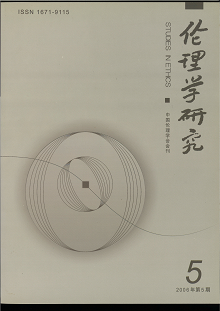|
|
The Development of Management Science from the View of Ethics of Management
JIA Hui-yan
2006(5):
28-32.
The integration of management and ethics involves aspects of targets of management, managers, objects of management, functions of management, methods of management and so on, this is a significant question of management. It is not a question of a level of operation, and is not a question of principles of management, but it is a question of a level of ideas that there are or are not links and integration of management and ethics. This transformation of ideas will cause a series of changes of principles of management, procedure of management, methods of management and techniques of management. Undoubtedly, compared with traditional management, the transformation by the idea is radical.
|



